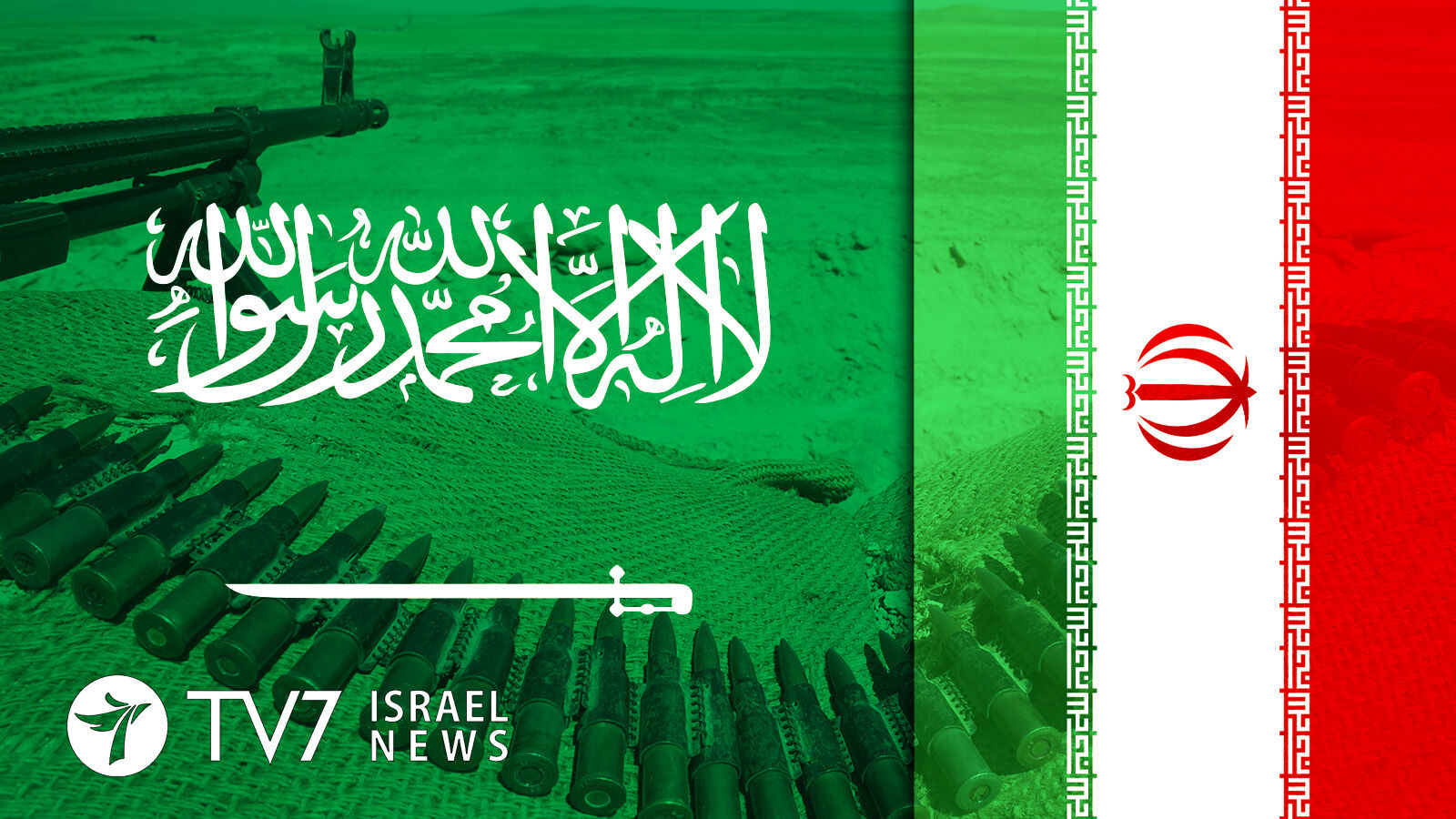The critical importance of regional stability topped the agenda at the 42nd annual Gulf Cooperation Council (GCC) summit in Saudi Arabia.
By Jonathan Hessen and Erin Viner
Saudi Arabia’s Crown Prince Mohammed bin Salman, who presided over the gathering, asserted that the 6-nation alliance will continue efforts to further strengthening security and stability in the Mideast.
Saudi Arabia, Bahrain, Kuwait, Qatar, Oman and the United Arab Emirates make up the GCC, which is considered one of the most successful regional groups concentrated on defense and strategic ties.
Saudi Foreign Minister Prince Faisal bin Farhan Al Saud said earlier that this year’s meeting comes at a delicate and sensitive time.
The Saudi Crown Prince toured the Gulf states last week, in what local media described as a mission to highlight Arab solidarity as global powers seek to revive the 2015 nuclear agreement with Iran, amid deepening uncertainty about the role of the United States in the volatile region.
It is important to note that a Saudi-led coalition of its Gulf Arab allies is currently embroiled in vigorous battles with the Arabian Kingdom’s southern neighbor Yemen, where the Iranian Houthi proxy is trying to oust the internationally-recognized government of President Abdrabbuh Masur Hadi.
At the conclusion of the summit, GCC Secretary General Nayef Al-Hajraf stressed during a statement to Saudi TV that “we will not allow anything that threatens collective security and the stability of our countries and societies. This subject is not up for discussion and the GCC countries will do everything they can to protect this.”
“Iran is a neighboring country, we cannot change history nor geography – but we ask our neighbor to stick to its right to be a neighbor and not interfere in internal affairs, to respect other countries’ sovereignty, to respect international law and UN conventions, which state the relationships between countries and nations,” Hajraf underscored.
